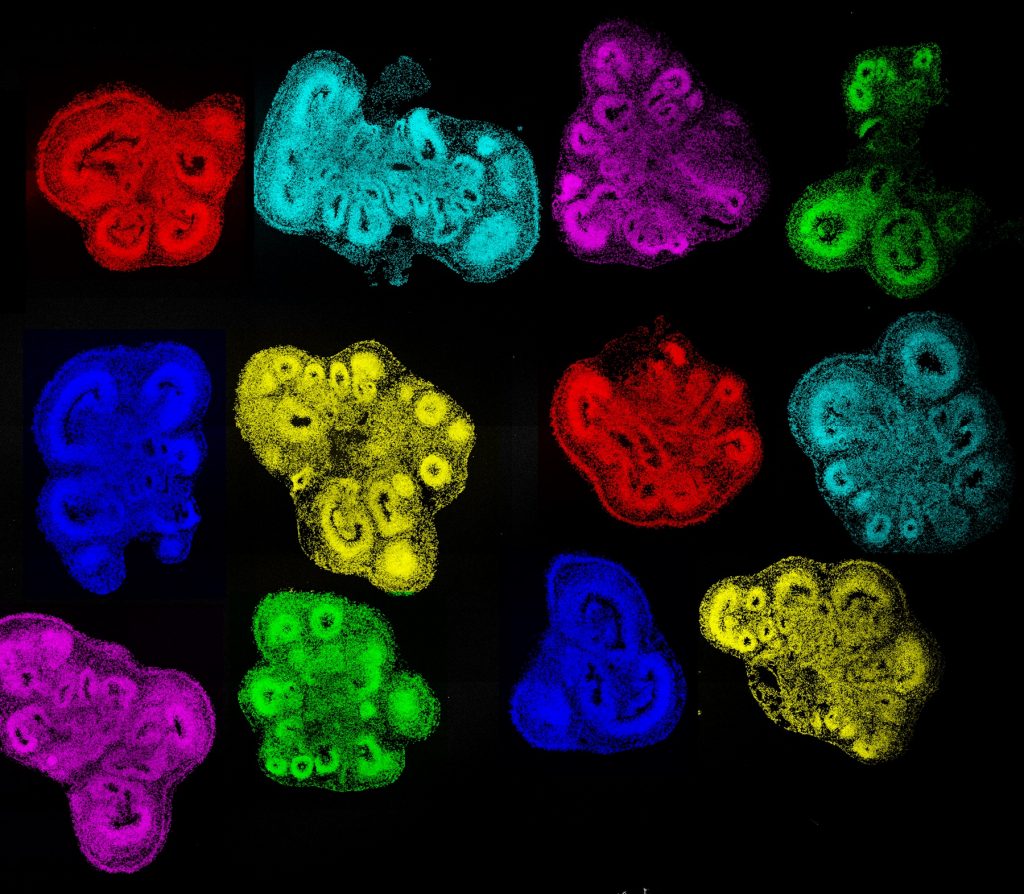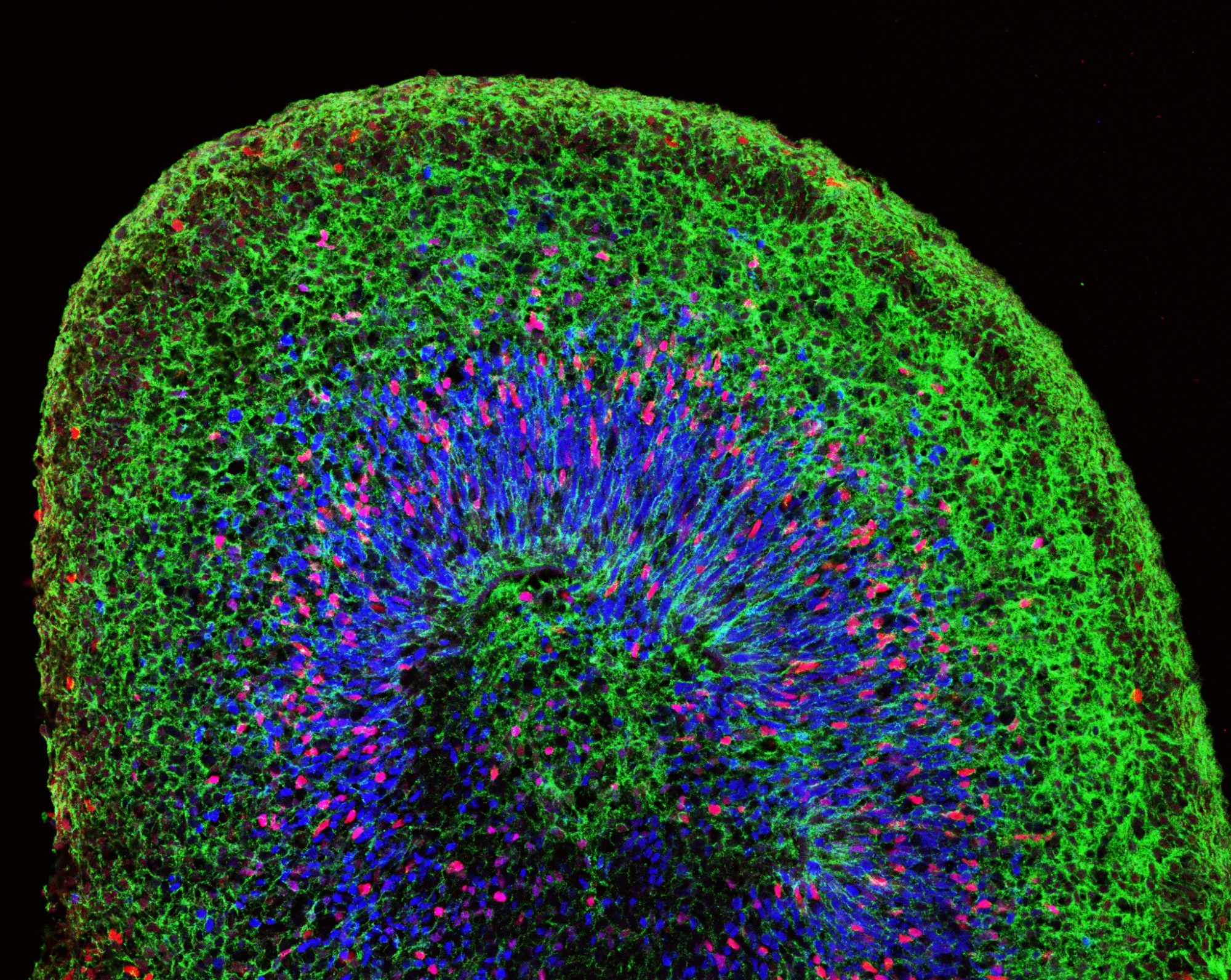Our research focus is centralized around 1) creating powerful organ-on-a-chip systems to improve established brain organoids, 2) developing a brain organoid model for neurodevelopmental disorders, and 3) defining the microcircuit properties of brain organoids as a model system for human brain activities.

The use of a human brain model is ideal in examining and developing therapeutic interventions for neurological disorders such as Autism and Alzheimer’s Disease. To study these human specific diseases within rodent models, as it has traditionally been done, simply may not be practical since such models fail to mimic human symptoms and consequently, the effect of different clinical interventions. Obtaining and using human fetal/adult tissue, however, has proven to be difficult and has introduced a variety of ethical concerns. This problem has been met with the development of brain organoids, which are human pluripotent stem cell (hPSC)-derived 3D structures that express neural activities and circulatory functions that are reminiscent of the actual human brain. Through her former research, Dr. Watanabe has developed innovative and highly efficient methods for constructing these “mini-brains,” thereby allowing them to be utilized in studying the effects of genetic and environmental factors on human brain development and function. The Watanabe Lab currently intends to employ such methodologies for constructing patient-derived brain organoids in order to assess the underlying cause of and potential cures for neurological diseases.

